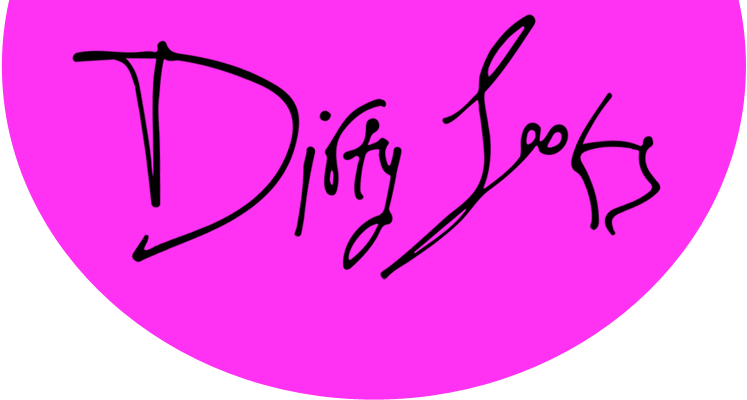55 Washington Square South
New York, NY 10012
PROGRAM:
Andy Warhol, Hedy, 16mm, 66 mins., 1966
Starring Mario Montez, Jack Smith Ingrid Superstar, Ronald Tavel, Mary Woronov and Gerard Malanga, with a soundtrack of live music by the Velvet Underground
Hedy (aka The Most Beautiful Woman in the World, aka The Shoplifter, aka The Fourteen Year Old Girl) stars legendary drag performer Mario Montez as Hollywood screen goddess Hedy Lamarr. Filmed just a month after her career-threatening real-life arrest for shoplifting hit the tabloids, this Warhol camp melodrama, with script by Playhouse of the Ridiculous cofounder Ronald Tavel, presents the (mis)adventures of Hedy Lamarr, who endures a long and laborious facelift, rude shopgirls, a humiliating arrest, and the accusations of her five ex-husbands at her court trial. As Callie Angell notes, “Mario Montez gives one of his most outstanding performances” as Hedy. Rarely screened, Hedy fascinatingly represents the Warhol Factory and its Superstar system at its peak.
Andy Warhol began making films in 1963. A remarkably prolific filmmaker, over roughly a decade Warhol made more than 600 films. His earliest films are noted for their near total lack of an authorial point of view, treating the camera as a passive recording device. Over the course of his filmmaking career, Warhol would also produce nearly 500 Screen Tests: unedited, silent 100-foot film reel four minute portraits, mostly of visitors to the Warhol Factory. Toward the end of 1964, Warhol began to introduce story and improvisational performance in films featuring his "Superstars," such as Harlot (1964), Camp (1965), Vinyl (1965), and Hedy (1966). This phase of his filmmaking is also marked by his collaborations with the Velvet Underground and with Ridiculous Theater playwright Ronald Tavel. In 1966 Warhol made Chelsea Girls, arguably the most commercially successful avant-garde film of all time, which he cowrote with Tavel and codirected with Paul Morrissey. Warhol is also notable for his contribution in shaping queer cinema and works such as Blow Job (1964) and My Hustler (1965) have become classics of queer cinema. In 1968, after surviving the attempt on his life by Valerie Solanas, Warhol began to turn over film direction to his frequent assistant and cameraman, Paul Morrissey, taking on the role of "studio mogul," producing more commercial, Morrissey-helmed films such as Flesh (1968), Trash (1970), and Heat (1972), as well as Flesh for Frankenstein (1973) and Blood for Dracula (1974). Blue Movie (1969) would be the last film Warhol directed. Warhol withdrew most of his films from circulation in the early 1970s and it was only after his death in 1987 that they began to be restored and screened again.
Mario Montez was born in Puerto Rico in 1935 and moved to New York at age eight. He took his name as a homage to iconic Technicolor star Maria Montez. Montez made his screen debut in 1963 when Jack Smith cast him in his seminal film Flaming Creatures. Montez would continue to work with Smith throughout the 1960s, appearing in four more Smith films, including Normal Love (1963). The first drag superstar in the Warhol Factory, Montez appeared in thirteen Warhol films between 1964 and 1966. A staple in the New York underground scene of the 1960s, Montez also stars in the Ron Rice underground classic, Chumlum (1964), as well as films by José Rodriguez-Soltero, Bill Vehr, and Piero Heliczer. A cofounder of the Ridiculous Theatrical Company, Montez also frequently collaborated with Charles Ludlam. Montez quit his performing career in the 1970s, not returning to the spotlight until 2006. In 2012 Montez received the Teddy Award for Lifetime Achievement at the Berlinale (Berlin International Film Festival).
Card image: © 2012 The Andy Warhol Museum, Pittsburgh, PA, a museum of Carnegie Institute. All rights reserved. Film still courtesy of The Andy Warhol Museum.

